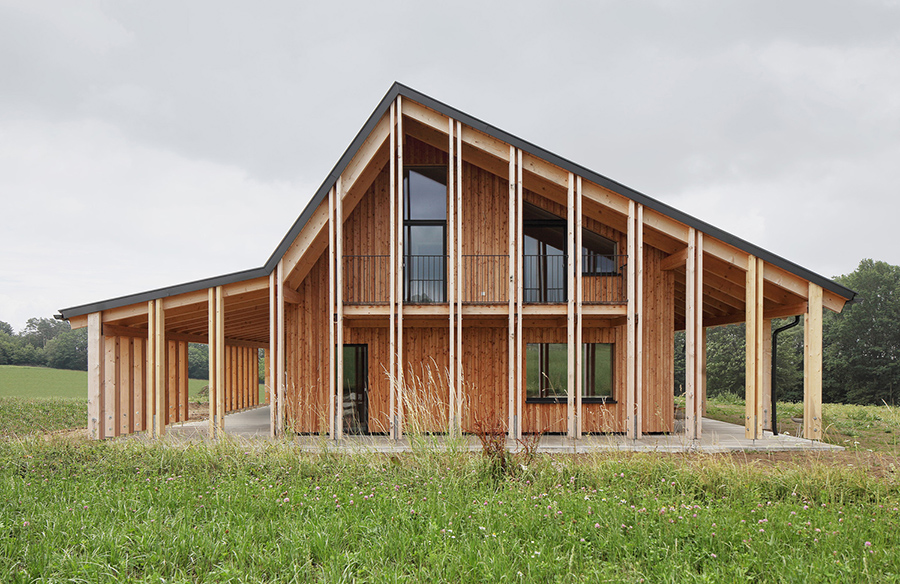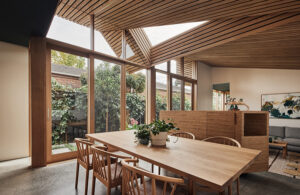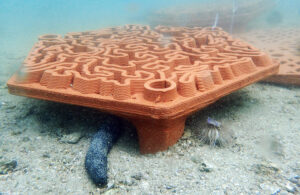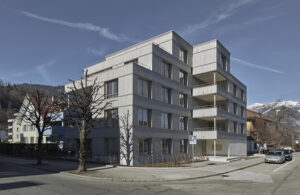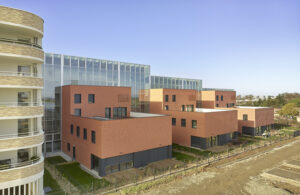In spring 2015, Moser und Hager Architekten undertook the task of designing House SF for the SW family on the outskirts of a newly designated rural residential area in Altenberg, Upper Austria. The project aimed to create an intelligently designed timber construction that seamlessly integrates living and working spaces under one roof while providing ample covered open areas.
Concept
The central theme of the design was “under one roof,” emphasizing the integration of living and working spaces. Two functional boxes, strategically positioned for living and working, delineate covered open spaces for the terrace, carport, and storage areas. Large roof overhangs facilitate a sheltered transition between indoor and outdoor spaces.
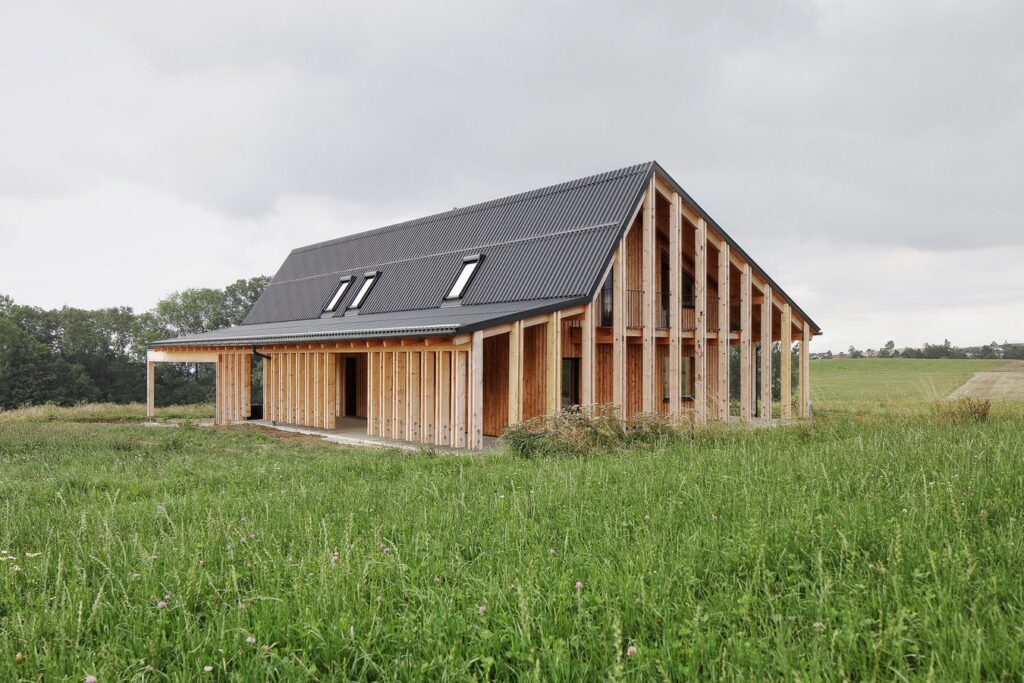
Timber Construction
Timber was utilized as the primary structural element, showcasing its versatility and flexibility. The design employed a fixed timber construction grid, creating aesthetic appeal through consistent use of this static principle. Rows of double columns define an open spatial structure and can be clad to form shelves, galleries, or balconies.
Living Area
At the heart of the design is the spacious two-story living area with a kitchen, serving as the central hub connecting all areas. This area functions as a mediating space between the work area and private retreats, fostering interaction and connectivity within the household.
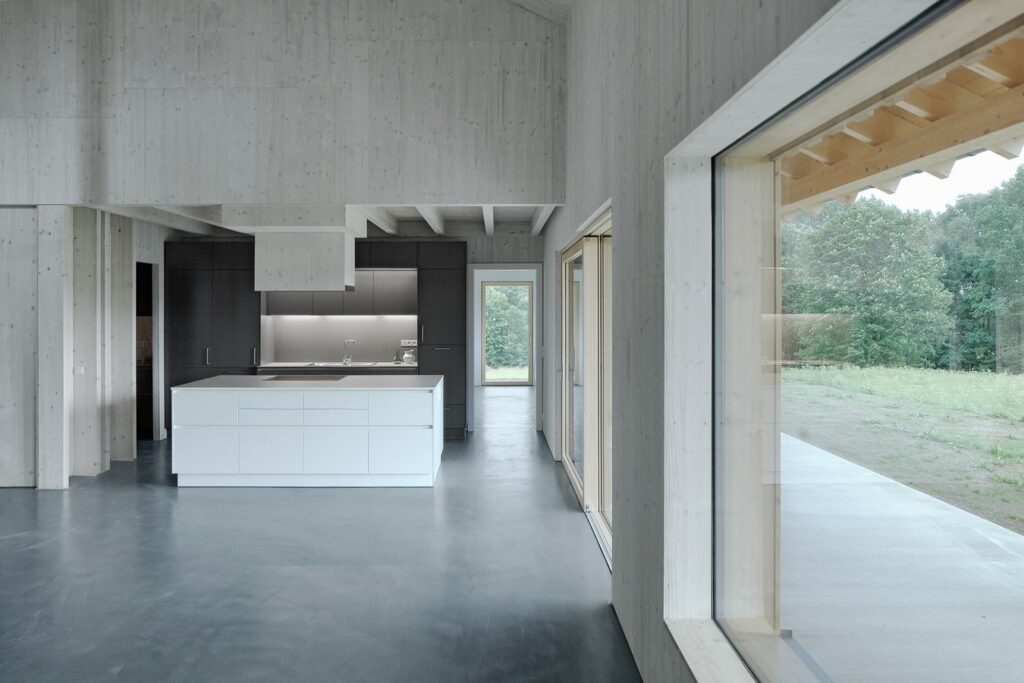
Implementation
The interior of the house is oriented towards the south, providing panoramic views of the surrounding landscape. Interior walls and the soffit are clad with white glazed panels, enhancing the sense of openness and brightness within the living spaces. The entire building structure, except for the reinforced concrete floor plate, was realized using timber frame construction. Heating and ventilation are provided by an air heat pump, aligning with principles of sustainability and resource efficiency.
Conclusion
House SF by Moser und Hager Architekten exemplifies a harmonious integration of timber construction principles with modern design concepts. The project successfully fulfills the client’s brief by offering a functional and aesthetically pleasing living and working environment, while also prioritizing sustainability and responsible resource use.

